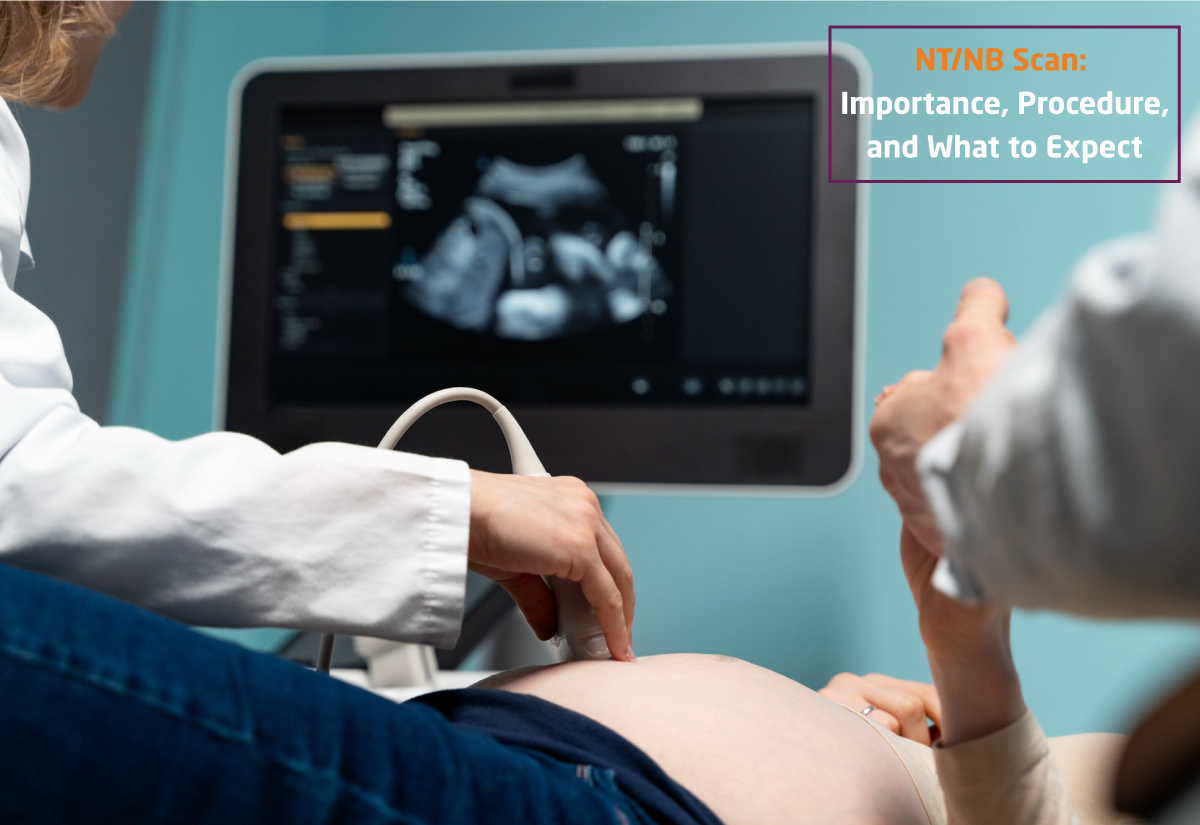NT/NB Scan: A Glimpse into Your Baby’s Health
A Nuchal Translucency (NT) scan, often combined with a Nasal Bone (NB) scan, is a crucial prenatal screening test that provides valuable insights into your baby’s health. This non-invasive ultrasound examination is typically performed between 11 and 13 weeks of pregnancy.
Why is an NT/NB Scan Important?
The primary purpose of an NT/NB scan is to assess the risk of your baby having certain chromosomal abnormalities, such as Down syndrome and Trisomy 18.
- Nuchal Translucency (NT): This measures the fluid-filled space at the back of your baby’s neck. A thicker NT measurement can be associated with an increased risk of chromosomal abnormalities.
- Nasal Bone (NB): The presence or absence of the nasal bone can be another indicator of potential chromosomal issues.
What to Expect During the Procedure:
- Ultrasound Examination: A technician will use an ultrasound transducer to create images of your baby.
- Measurement of NT: The technician will carefully measure the fluid-filled space at the back of your baby’s neck.
- Assessment of Nasal Bone: The presence or absence of the nasal bone will be noted.
Interpreting the Results:
The results of the NT/NB scan are typically combined with your age and other risk factors to calculate your overall risk of chromosomal abnormalities. A higher risk may prompt further diagnostic testing, such as amniocentesis or chorionic villus sampling.
Remember:
- An NT/NB scan is a screening test, not a diagnostic test. A positive screening result does not definitively mean your baby has a chromosomal abnormality.
- It’s essential to discuss the results with your healthcare provider to understand the implications and any recommended follow-up tests.
By undergoing an NT/NB scan, you can gain valuable information about your baby’s health and make informed decisions about your pregnancy.
